
*By Martin Hoegger
Beneath the bright skies of Heraklion, nestled between the Aegean Sea and the Cretan mountains, the International Symposium on Ecotheology took place in October 2025. Hosted by the Higher Patriarchal Academy of Crete, this event gathered thinkers from various Christian denominations to ponder humanity’s duty in addressing the ecological crisis. I found two presentations particularly compelling: those by Orthodox theologian Augustinos Bairactaris and Norwegian Lutheran Aksel Johan Lund. Despite their distinct traditions, both concurred on one insight: the ecological crisis is fundamentally a spiritual and anthropological issue.
Creation as a Sacrament of Divine Presence
Augustinos Bairactaris, a professor at the Patriarchal Academy of Crete, believes the ecological crisis signifies a break between humanity and God, and subsequently, with creation itself. Modernity, by idolizing reason and technology, has erased the sacred. Humanity, now acting as the owner of the world, has forgotten its role as caretaker. The universe is not a neutral resource to exploit but a gift to be cherished and celebrated.
This erosion of the sacred has birthed a warped sense of freedom, transforming into unchecked license. In aspiring to be demiurges, humanity disrupted creation’s harmony. The ecological crisis thus reflects human arrogance and greed. Theology, in response, offers a language of reconciliation. Ecotheology, emerging from the World Council of Churches’ ecumenical efforts, provides a holistic vision aligning faith, justice, and creation care. Bairactaris highlights three core beliefs from the “Justice, Peace and the Integrity of Creation” program: the earth belongs to God; humanity is its steward; and every creature possesses intrinsic worth. He advocates for an “ecological diakonia,” a ministry promoting reconciliation among God, humanity, and nature, encompassing local actions of solidarity and global commitments to peace, social justice, and climate protection. Liturgy, charity, and social action emerge as unified expressions of love.
Overcoming Anthropocentrism
Norwegian pastor and researcher Aksel Johan Lund, part of the Church of Norway’s Theological Council, approaches this crisis from a different angle. For him, the ecological disaster roots in anthropocentrism—the belief that humans occupy the highest rank in creation. This notion, inherited from modernity and specific religious interpretations, has reduced the non-human world to mere instruments for human use.
Lund employs the concept of “othering” to illustrate how anthropocentrism excludes. Humanity has sidelined nature, animals, and elements, viewing them as “others” devoid of inherent value. This separation justified domination over the living world.
To challenge this, Lund references Maximus the Confessor, who asserts all creatures partake in the divine will. Humanity is not superior to the world but part of it, sharing a common origin and essence with all life forms. Theology should focus less on what sets humanity apart and more on what unites all beings. Creation is not humanity’s “other” but its sister and mirror. Saint Paul states, “the whole creation has been groaning in labor pains.” Our salvation is intertwined with creation’s.
A Spirituality of Relationship and Responsibility
Both speakers advocate for a transformed vision. Augustinos Bairactaris stresses that without heart transformation, sustainable ecology is impossible. Lund calls for a theological shift: from domination to relationship.
Ecotheology emerges as a path of responsibility and gratitude, inviting us to view the world not as mere resources but as a communion space. It teaches us to see the world’s beauty as a divine sign and recognize every living being as a sibling in creation.
Both theologians agree the ecological crisis reflects our inner crisis. Humanity has forgotten its role as a creature among creatures, needing spiritual conversion: learning to bless, not possess; to thank, not dominate.
Ecotheology isn’t an ideology or trend but a gratitude theology, reminding us that the world is a gift. Humanity is truly human when it becomes eucharistic, capable of saying “thank you.”
Photo: Agroecological Farm in Crete
* Martin Hoegger is a Swiss theologian and author. He participated in the Heraklion symposium. https://www.hoegger.org



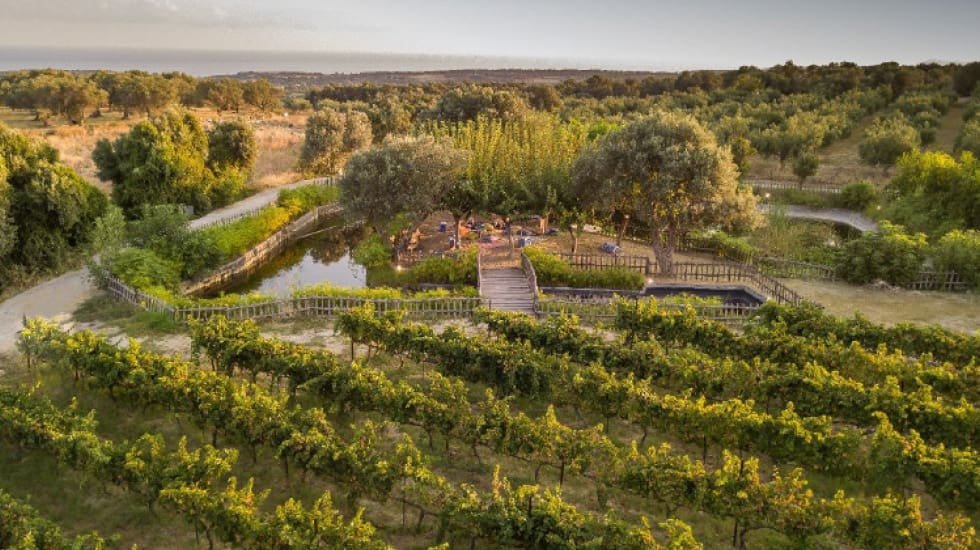
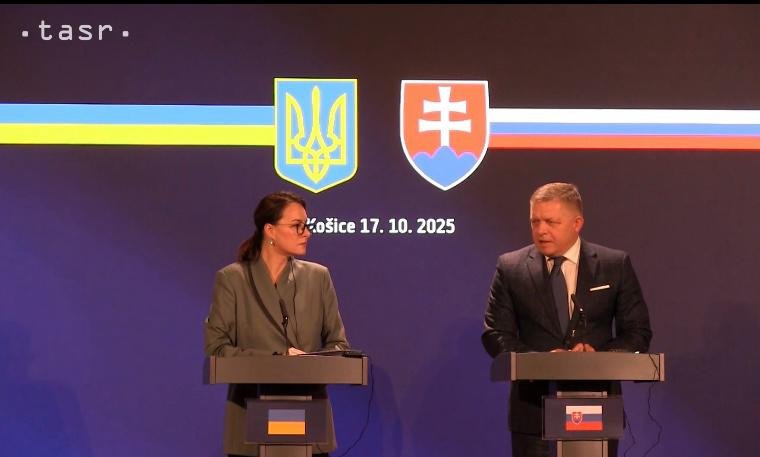
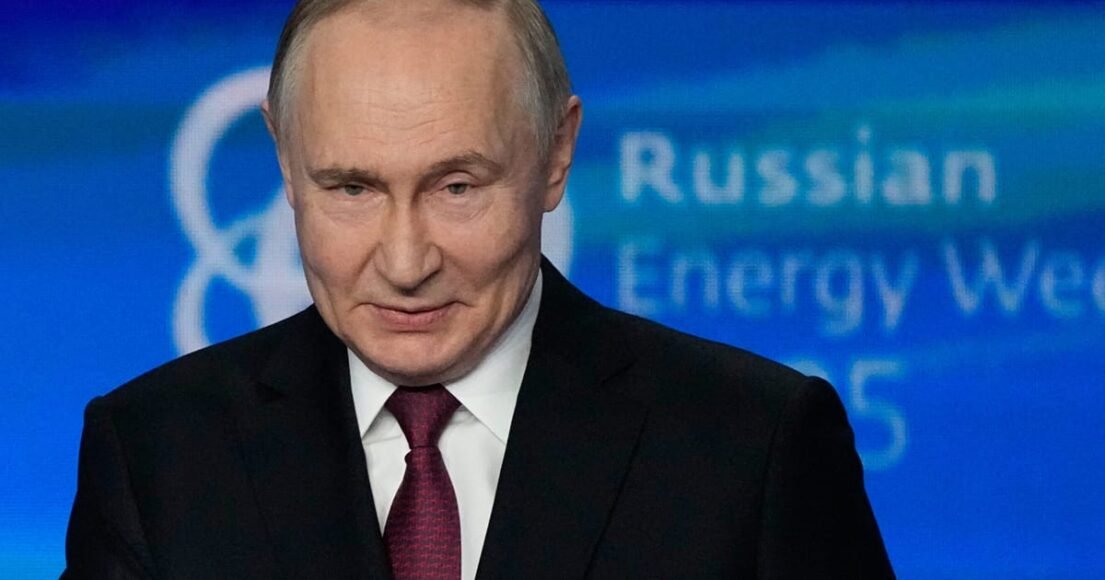

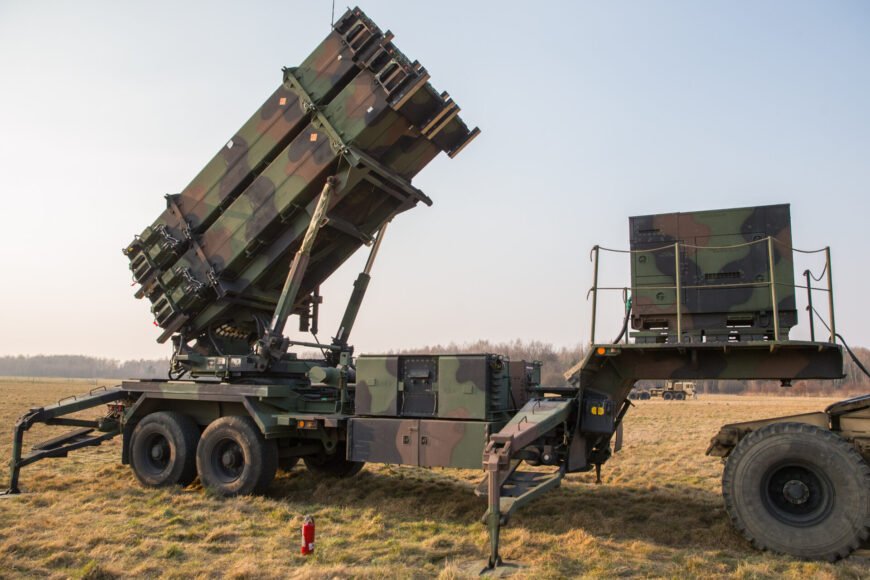

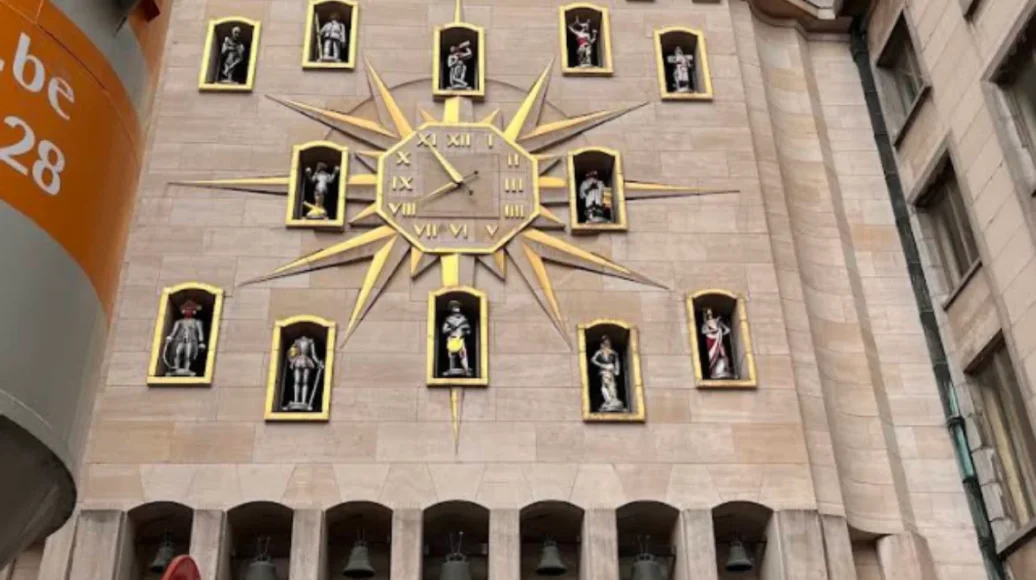

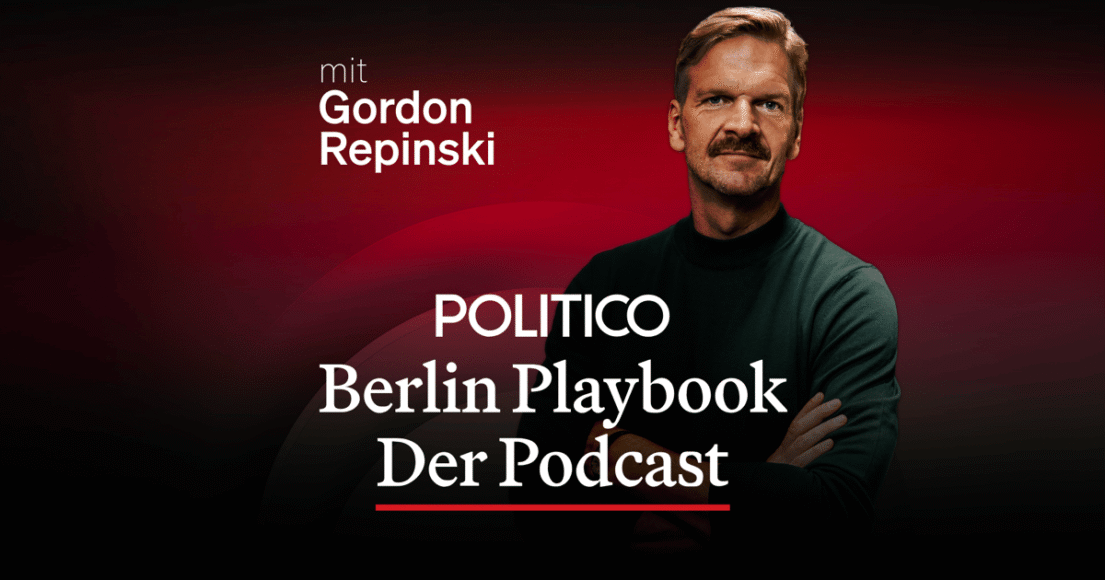
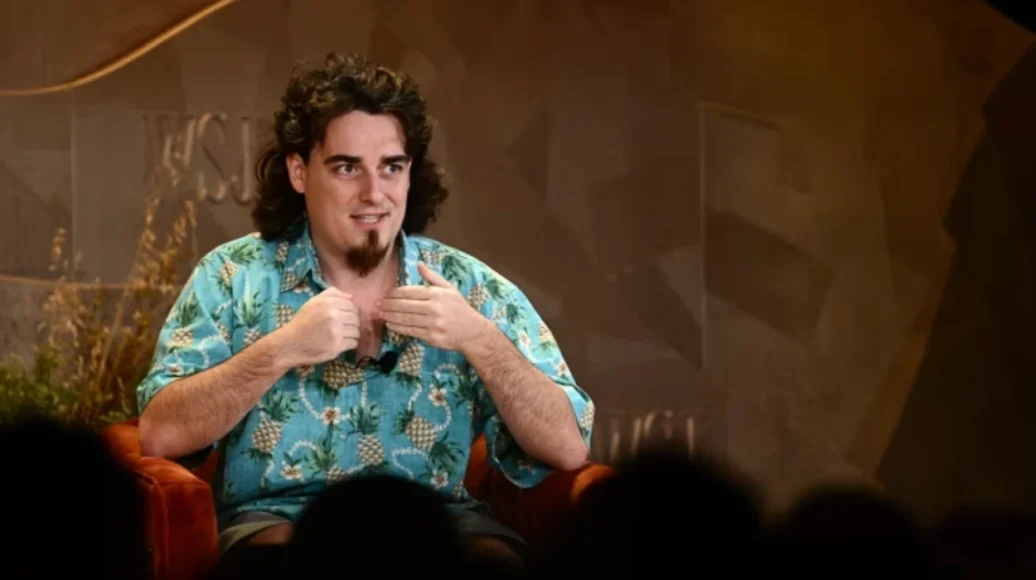
Leave a Reply